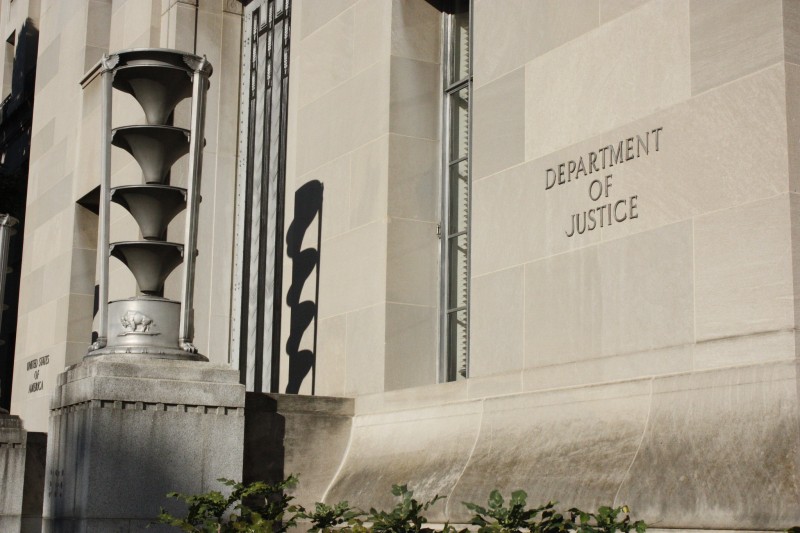Reported by
After a six-month pause, the U.S. Department of Justice is resuming enforcement of the Foreign Corrupt Practices Act (FCPA), but with a narrower focus that some experts say could weaken accountability for corporate bribery abroad.
Under revised guidelines, the department will prioritize cases that “directly [undermine] U.S. national interests,” such as money laundering and criminal activity tied to cartels and transnational criminal organizations, according to a memo from Deputy Attorney General Todd Blanche.
While focusing on organized crime may be a “reasonable criteria,” the directive “raises questions about the scope of DOJ’s enforcement intent,” Gary Kalman, executive director of Transparency International U.S., told the Organized Crime and Corruption Reporting Project (OCCRP).
“We will need to look at subsequent enforcement actions to determine if the criteria narrow the scope of the law in ways that undermine important accountability for other harms caused by transnational bribery schemes,” Kalman said.
Blanche said the department has dropped nearly half of the foreign bribery investigations launched under the Biden administration, citing a realignment of enforcement priorities. The department now aims to pursue “cases that clearly implicate U.S. national security and economic competitiveness, rather than penalizing legitimate business operations abroad,” he said in a statement posted on X, formerly known as Twitter.
Critics argue the new guidelines represent a significant retreat from holding corporations accountable for criminal behavior overseas. “American corporations that engage in criminal bribery schemes abroad will no longer be prosecuted. That’s the bottom line of the new Trump policy on the Foreign Corrupt Practices Act,” said Rick Claypool, a research director at Public Citizen.
The law’s enforcement was suspended in February under an executive order from the Trump administration, which paused prosecution of Americans accused of foreign bribery for 180 days to allow for a review. The order also froze the launch of new cases during that period. At the time, administration officials said the FCPA undermined national security and harmed the global competitiveness of American companies. President Trump described the law as a “horror show.”
Blanche echoed those concerns, stating that the law's application had “extended beyond its original intent, burdening American companies and harming our national interests.”
“There are several references regarding the FCPA ‘burdening U.S. businesses.’ To be clear, bribery distorts markets, disadvantages honest U.S. businesses and may result in a cascade of harms to local populations regardless of who engages in the bribery scheme,” Kalman said. “Holding corrupt and criminal actors accountable is not a burden, it is a responsibility of the government.”
Claypool also criticized the administration’s broader approach to corporate accountability, referencing the Justice Department’s dismissal of a lawsuit against Boeing over fatal 737 crashes. “This retreat from enforcing laws against corporate crime is a perversion of justice that further consolidates the administration’s power to corruptly reward insiders and punish perceived enemies,” he said.
The new guidelines list four “non-exhaustive factors” for prosecutors to consider. One key factor is whether a bribery scheme “deprived specific and identifiable U.S. entities of fair access to compete” or caused financial harm to American businesses or individuals.
“With the law reinstated, prosecutors will focus on misconduct that genuinely impacts the United States or the American people,” said Matthew Galeotti, acting head of the department’s Criminal Division. “Conduct that does not implicate U.S. interests should be left to our foreign counterparts or appropriate regulators.”






